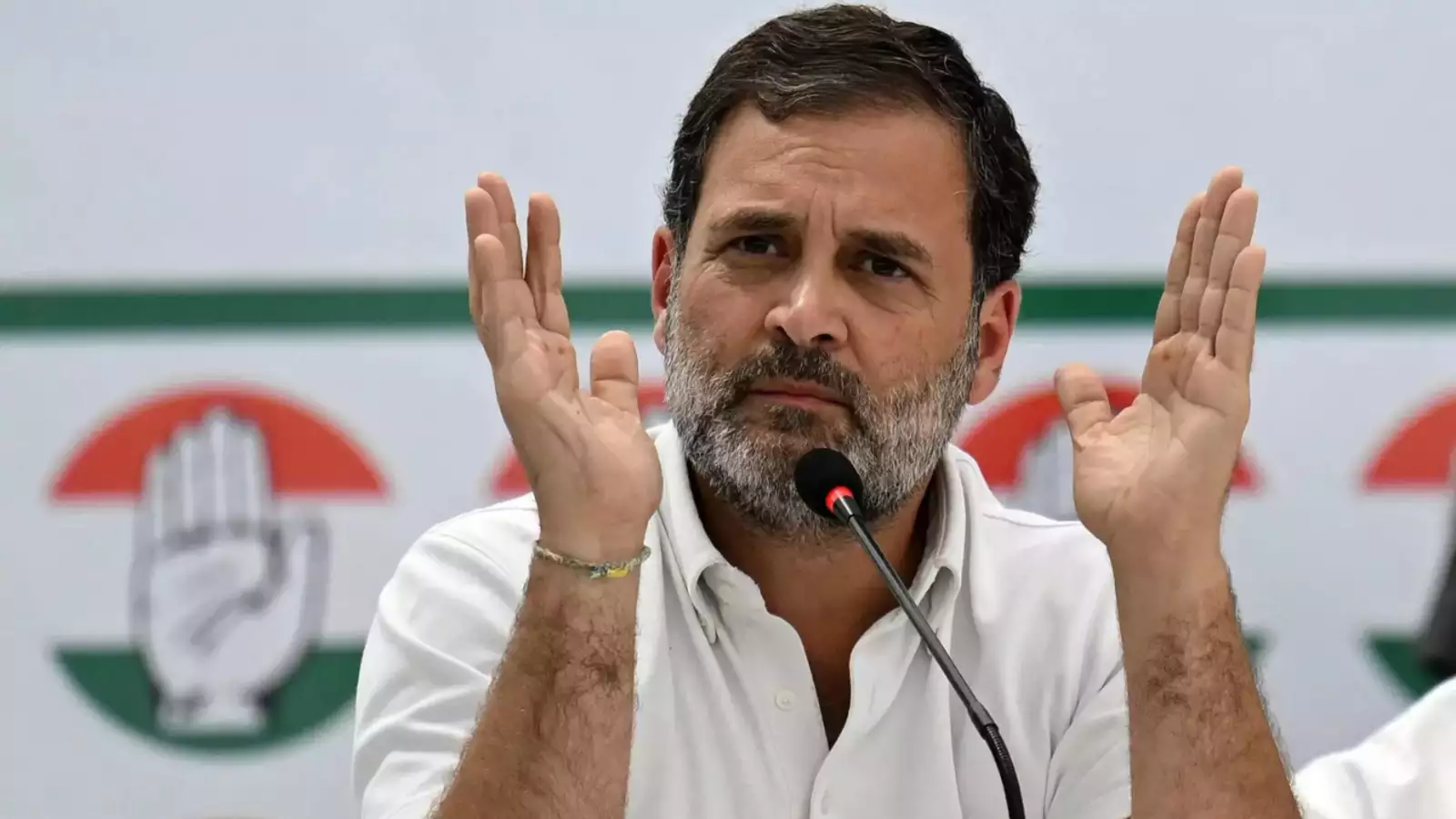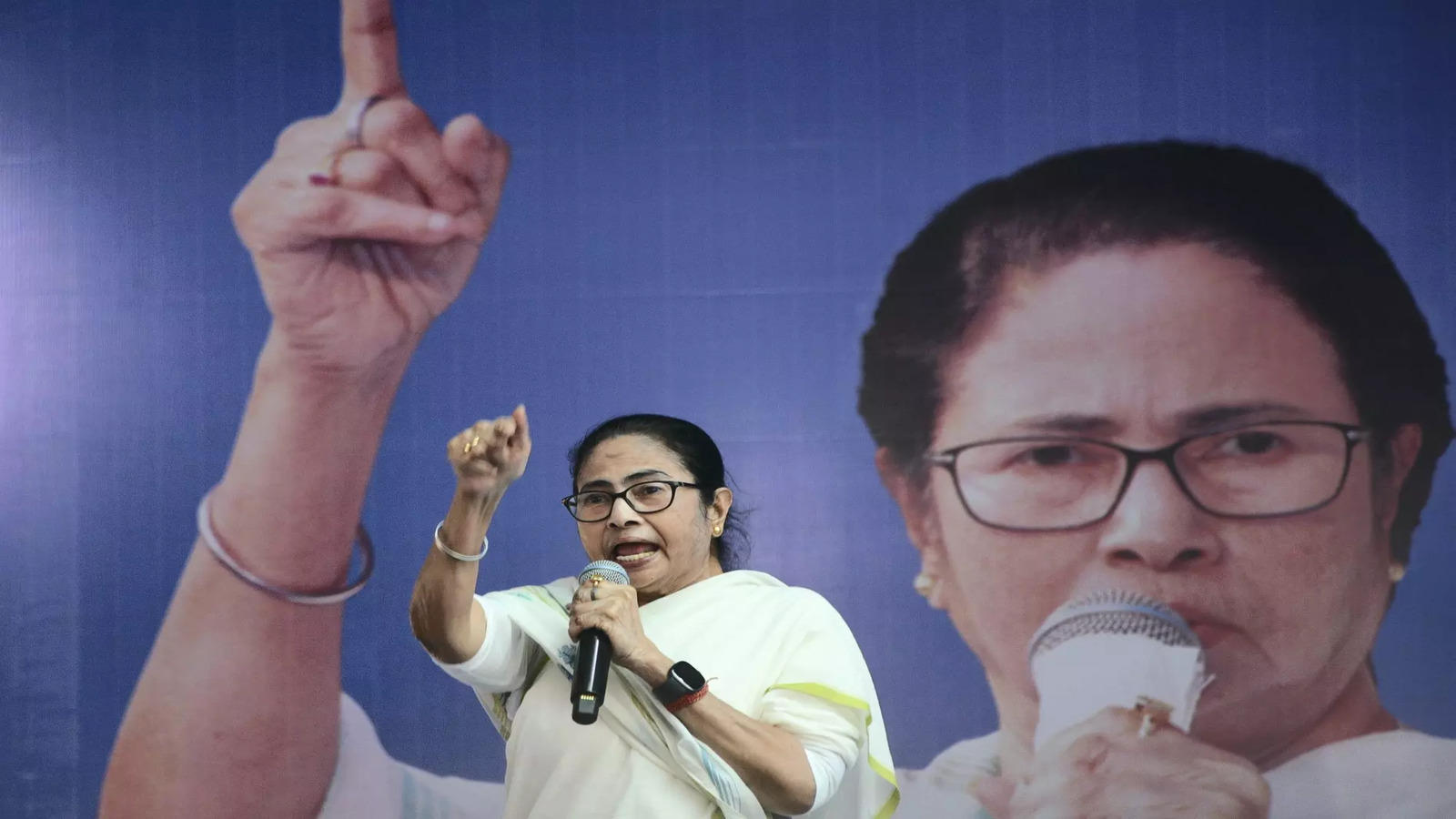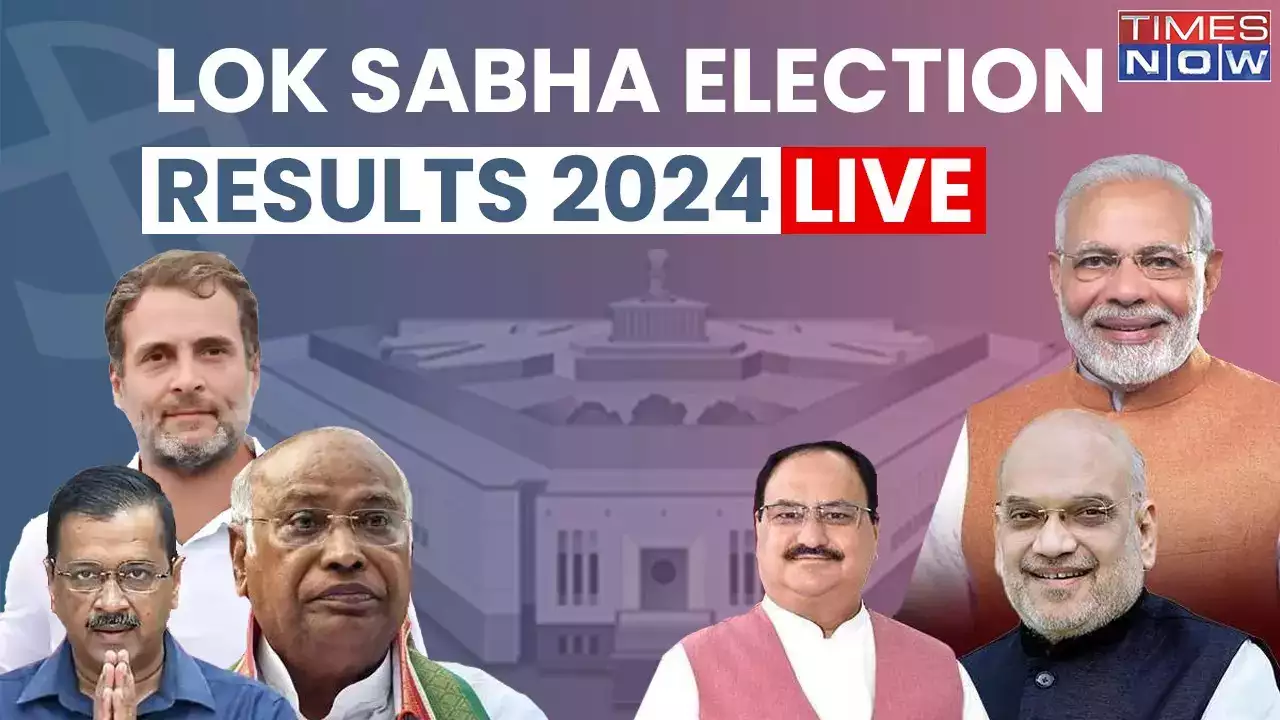SULTANPUR: Positioned a hundred kilometers east of the Congress stronghold of Rae Bareli, Sultanpur finds itself immersed in another electoral contest involving a member of the Gandhi family. This time, it’s Maneka Gandhi, a veteran BJP MP and former Union minister, eyeing a record ninth term in the Lok Sabha. Often referred to as ‘chhoti bahu’, Maneka embarked on her political journey four decades ago, famously contesting against her brother-in-law and former prime minister Rajiv Gandhi in Amethi during the 1984 elections.
Having replaced her son Varun in 2019, Maneka managed to secure the Sultanpur seat with a margin of around 14,500 votes. However, this time around, she faces a formidable opposition.
Recent developments, including her son’s exclusion from the ticket following his sporadic outbursts against the party, have added layers to Maneka’s electoral battles, rendering them a rather solitary affair. Despite her challenges, the party’s top brass, including PM Narendra Modi and Home Minister Amit Shah, has yet to engage in campaigning within the constituency. UP CM Yogi Adityanath addressed a rally on Wednesday, while UP minister and Nishad Party chief Sanjay Nishad has extended his support to Maneka, aiming to consolidate the Nishad community’s sizable presence in the region.
The constituency boasts a diverse demographic, including Kurmis, Yadavs, Muslims, Dalits, Brahmins, and Thakurs. Congress-backed Samajwadi Party candidate Rambhual Nishad is reported to have significant support, despite being perceived as an outsider. Nishad, a two-term MLA from Gorakhpur rural seat, has been actively mobilizing support, particularly among the Nishad community.
“The election represents the voice of the marginalized sections, including farmers, youth, and women,” remarked Sohail Ahmad Siddiqui, vice-president of Sultanpur SP Lohia Vahini. Despite historical victories eluding the party in Sultanpur, Siddiqui remains optimistic, echoing concerns over the neglect of backward and minority communities.
BSP has also intensified its campaign by fielding Udraj Verma, a zila panchayat member from Sultanpur, transforming the contest into a triangular affair. Verma’s candidacy has garnered attention, especially given the constituency’s significant Kurmi and Dalit population.
Hyperlocal issues concerning development and connectivity with key centers like Lucknow, Prayagraj, and Ayodhya dominate the electoral discourse. Sultanpur, nestled along the banks of the Gomti river, boasts local tourist attractions such as the Dhopap temple and Lohramau Devi temple, both in dire need of refurbishment.
Traffic congestion and law-and-order remain pressing concerns, with incidents of communal tension arising from issues like cow slaughter and ‘love jihad.’ In rural areas, water scarcity, particularly during summers, exacerbates the challenges faced by residents, highlighting the gap between government promises and ground realities.
In the electoral landscape of Sultanpur, the pendulum of power has swung between various political entities over the years. While Congress’s Sanjay Sinh clinched victory in 2009, BJP’s Varun Gandhi emerged triumphant in 2014, only to face anti-incumbency sentiments in 2019, leading to Maneka’s candidacy in the subsequent elections.




